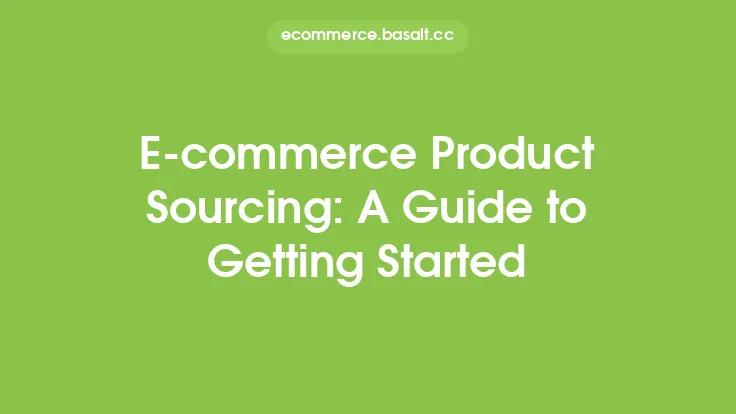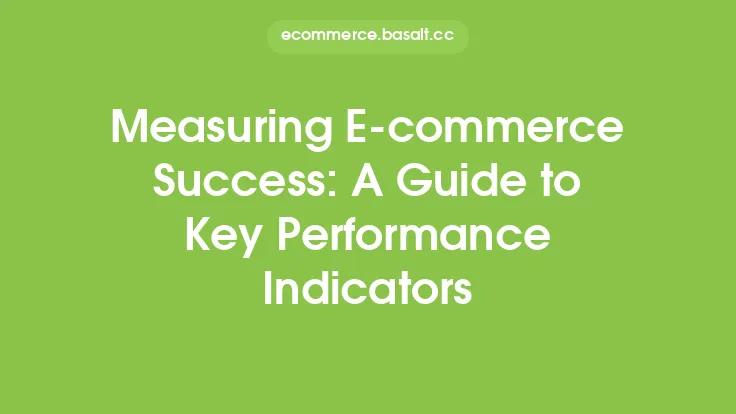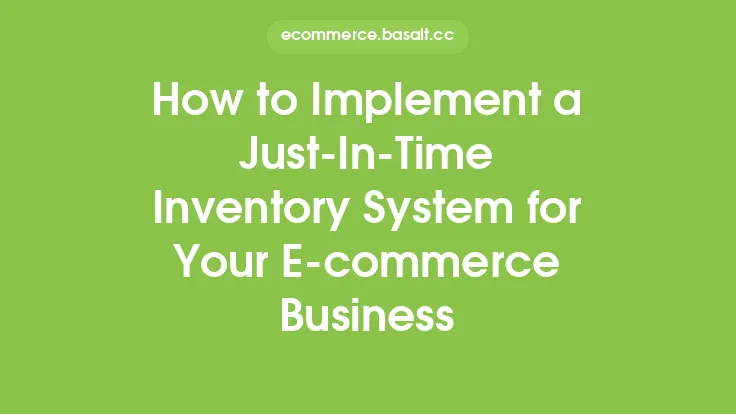In the world of e-commerce, building strong relationships with suppliers is crucial for the success of any online business. A strong supplier relationship can help ensure a steady supply of high-quality products, improve delivery times, and even lead to better pricing and terms. In this article, we will explore the importance of building strong relationships with suppliers and provide tips on how to cultivate these relationships.
Understanding the Importance of Supplier Relationships
Building strong relationships with suppliers is essential for e-commerce businesses because it can have a direct impact on the quality of products, delivery times, and overall customer satisfaction. When suppliers feel valued and respected, they are more likely to prioritize your business and provide better service. This can lead to a range of benefits, including improved product quality, faster delivery times, and more flexible payment terms. Additionally, strong supplier relationships can also help to reduce the risk of stockouts, overstocking, and other supply chain disruptions.
Communicating Effectively with Suppliers
Effective communication is key to building strong relationships with suppliers. This means being clear and concise in your communications, responding promptly to queries and concerns, and being proactive in addressing any issues that may arise. It's also important to be respectful and courteous in your interactions with suppliers, as this can help to build trust and rapport. Regular communication can also help to prevent misunderstandings and miscommunications, which can lead to delays and other supply chain disruptions.
Building Trust and Rapport with Suppliers
Building trust and rapport with suppliers is critical to establishing a strong and lasting relationship. This can be achieved by being transparent and honest in your dealings with suppliers, following through on commitments, and being reliable and dependable. It's also important to show appreciation and gratitude for the services and products that suppliers provide, as this can help to build a sense of mutual respect and understanding. Additionally, taking the time to understand the supplier's business and needs can also help to build trust and rapport, as it demonstrates a willingness to work together and find mutually beneficial solutions.
Negotiating with Suppliers
Negotiating with suppliers is an essential part of building strong relationships. This involves being able to effectively communicate your needs and requirements, while also being willing to listen to the supplier's concerns and needs. It's also important to be flexible and open to finding mutually beneficial solutions, as this can help to build trust and rapport. When negotiating with suppliers, it's essential to be respectful and professional, as this can help to prevent misunderstandings and miscommunications. Additionally, being prepared and doing your research can also help to ensure that you get the best possible deal, while also maintaining a strong and positive relationship with the supplier.
Managing Supplier Relationships
Managing supplier relationships is an ongoing process that requires regular attention and effort. This involves regularly reviewing and assessing the performance of suppliers, providing feedback and constructive criticism, and making adjustments as needed. It's also important to be proactive in addressing any issues or concerns that may arise, as this can help to prevent supply chain disruptions and other problems. Additionally, using technology and other tools to manage supplier relationships can also help to streamline communication, reduce errors, and improve overall efficiency.
Measuring and Evaluating Supplier Performance
Measuring and evaluating supplier performance is essential to building strong relationships and ensuring that your business is getting the best possible service. This involves setting clear performance metrics and benchmarks, regularly reviewing and assessing supplier performance, and providing feedback and constructive criticism. It's also important to be fair and objective in your evaluations, as this can help to build trust and rapport with suppliers. Additionally, using data and other metrics to evaluate supplier performance can also help to identify areas for improvement, reduce errors, and improve overall efficiency.
Conclusion
Building strong relationships with suppliers is critical to the success of any e-commerce business. By understanding the importance of supplier relationships, communicating effectively, building trust and rapport, negotiating effectively, managing supplier relationships, and measuring and evaluating supplier performance, businesses can establish strong and lasting relationships with their suppliers. This can lead to a range of benefits, including improved product quality, faster delivery times, and better pricing and terms. By prioritizing supplier relationships and making a concerted effort to build strong and positive relationships, e-commerce businesses can gain a competitive edge and achieve long-term success.





